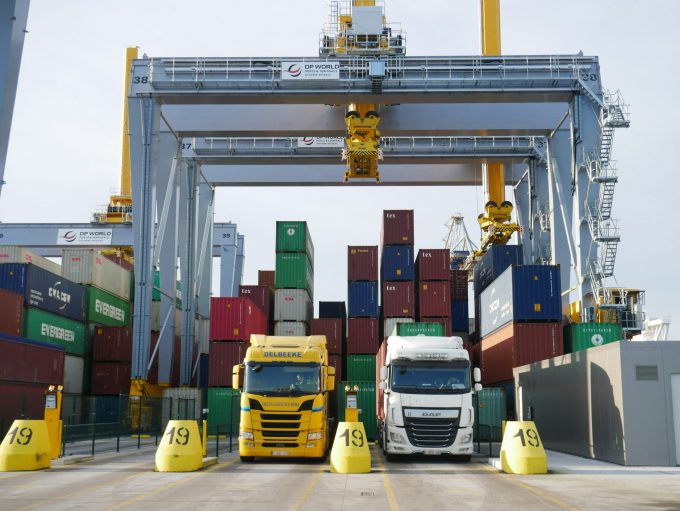News in Brief Podcast | Week 11 | Ocean rates down, uncertainty up
In this episode of The Loadstar’s News in Brief Podcast, host and news reporter Charlotte Goldstone ...

The state-run port of Antwerp-Bruges has been ordered to pay €41.3m ($44.67m) in fines after repossessing 40ha of DP World’s Deurganckdok concession and giving it to PSA.
An arbitration tribunal by the International Centre for Settlement Investment Disputes (ICSID) on 15 February ruled in favour of DP World.
In 2005, Port of Antwerp granted 42-year concessions to both DP World, on the east side of Deurganckdok, and a consortium of shipping line MSC and Singapore’s PSA on the west side. These agreements ...
Asia-USEC shippers to lose 42% capacity in a surge of blanked sailings
USTR fees will lead to 'complete destabilisation' of container shipping alliances
New USTR port fees threaten shipping and global supply chains, says Cosco
Outlook for container shipping 'more uncertain now than at the onset of Covid'
Transpac container service closures mount
DHL Express suspends non-de minimis B2C parcels to US consumers
Zim ordered to pay Samsung $3.7m for 'wrongful' D&D charges
Uncertainty over US tariffs sparks interest in bonded warehouses for imports

Comment on this article